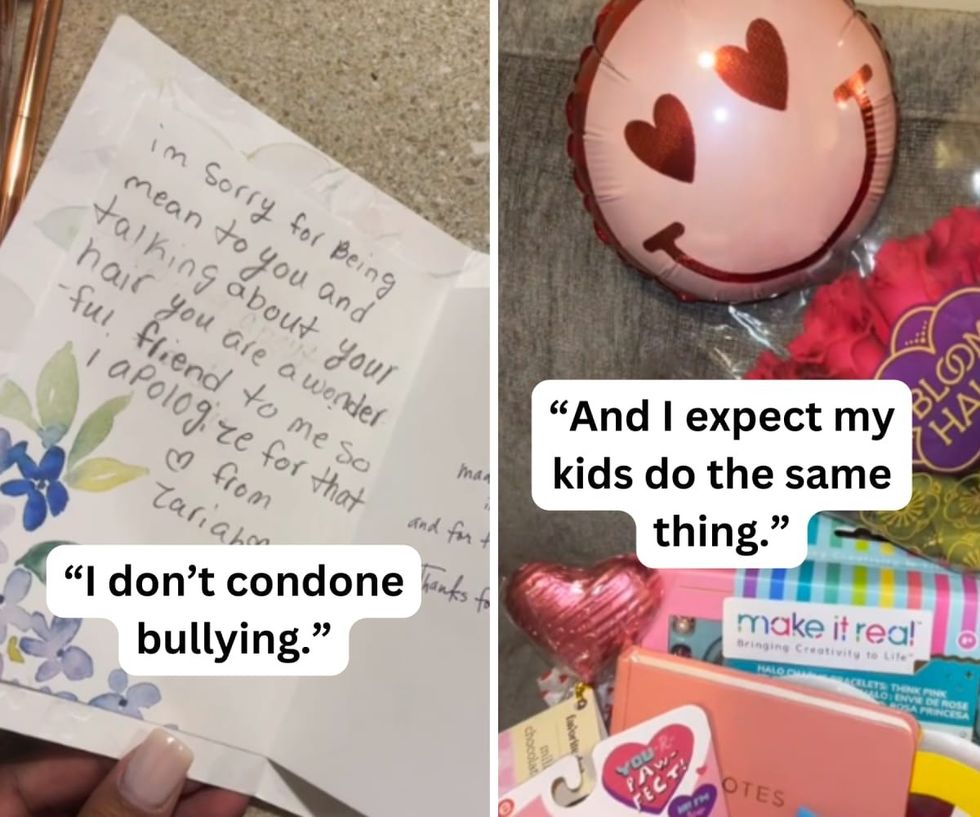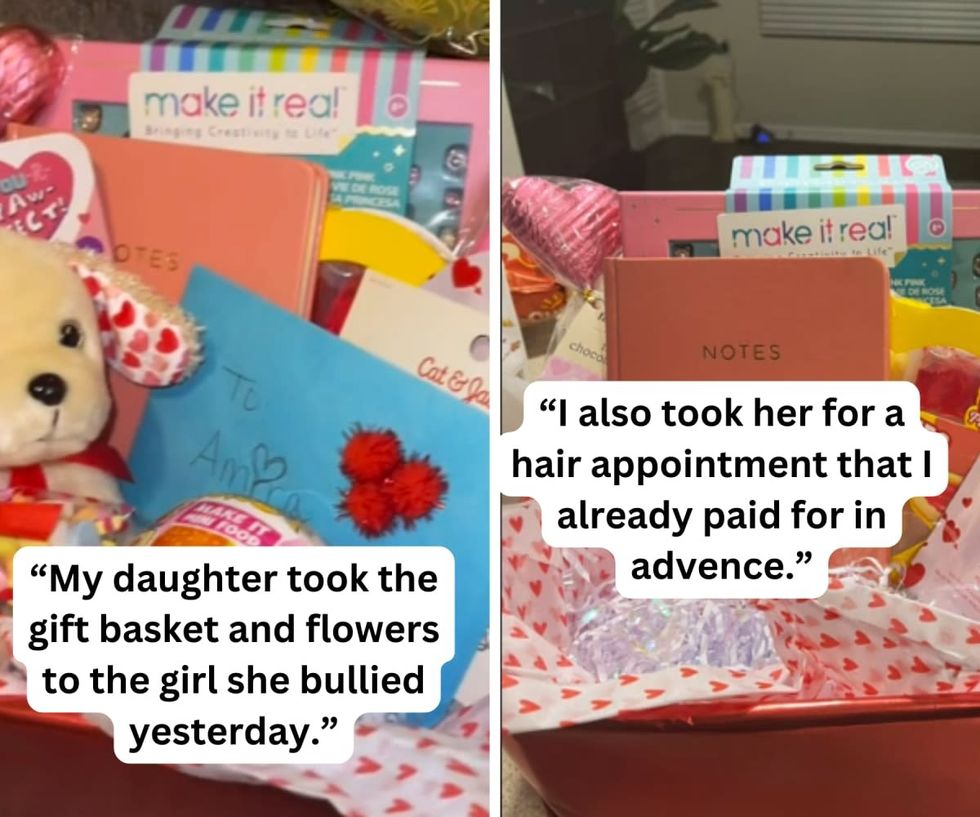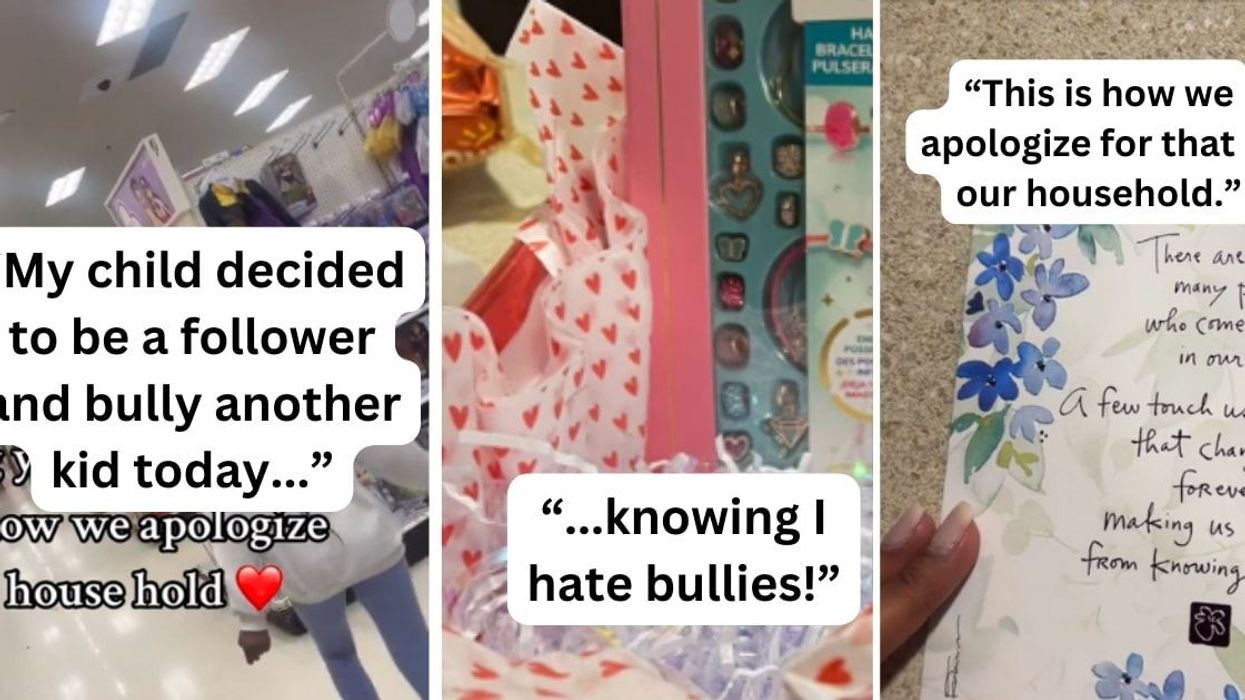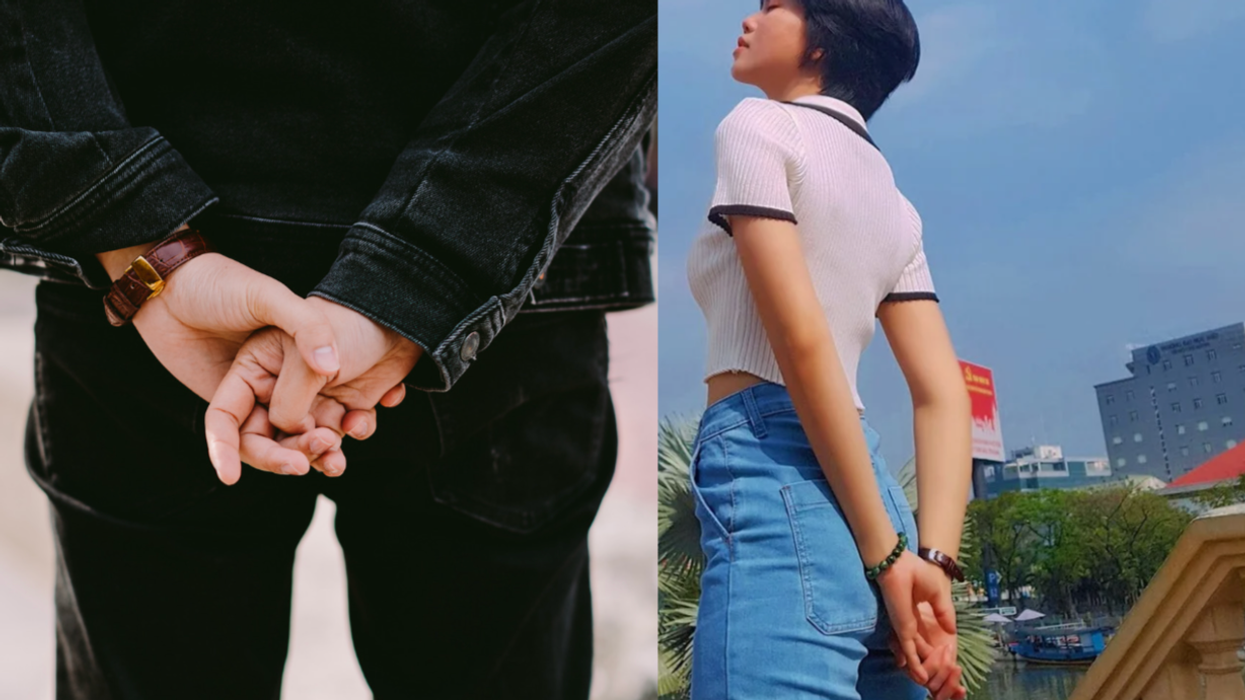Bullying happens at all ages. While not everyone is a victim of bullying, almost everyone has witnessed one or more incidents of bullying happen to someone else. In one such incident, the quandary arose when a mother came to know that it was none other than her daughter who was the one participating in the bullying. Nique might be a loving mom but this didn’t prevent her from putting a stop to this traumatic activity. Once she came to know about her daughter having bullied someone, she immediately took steps to make her apologize for the same. She described the incident publicly by posting a Tiktok video, which has not over 8 million views and over 950k likes. The video’s overlay text read, “POV: Your child decided to be a follower and bully another kid today. knowing you hate bullies! This is how we apologize in our household.”

The video showcases Nique capturing the video of herself and her daughter walking through the corridors of a supermarket, purchasing gifts for the girl her daughter had bullied. They select many gifts including candies, teddy bear and flowers, assembling the assortments together to put together a gift basket. The baby pink basket also displays a journal, face masks, choker necklaces, a Krispy Kream Donuts gift card and a friendship bracelet-making kit. The video also showcases a greeting card with a note of apology scribbled on its inner leaf. The note read, “I am sorry for being mean to you and talking about your hair. You are a wonderful friend to me. So I apologize for that.” Beneath the video, Nique explained her gesture as, “I always tell my kids that you never know what a person is going through at home and what they have to deal with every day. You are to always be kind to everyone because how you treat someone can impact their mental health in either 2 ways! Not only that but everything you have can be taken away just as fast as you received it. Humble yourself.” she wrote in the caption.

The swarm of comments that followed the video included people who praised Nique for her choice, for her accountability and for raising her daughter right. In some replies, Nique also said that her daughter is not really a bad kid who would go on to bully others, but in that particular instance, she was hanging around in the wrong company. Many also said that often teachers witness such scenarios but end up ignoring them, which is a poor thing

mzlisamariejc20 commented, “In a world where many parents will defend their bully child, or just ignore the situation, you are a beautiful shining star and I hope many will learn.” Another Tiktoker, stylesbyangielynn, wrote, “You know what I love about this. Its your accountability. You did nothing wrong but you are taking the accountability for your child anyway.”

Followed by this video, Nique posted a Part 2 of the video, which, too, has reached over 16 million views and 2.8 million likes. The video depicted Nique’s daughter taking the apology gift basket to the girl she had bullied. The overlay read, “My daughter took the gift basket and flowers to the girl she bullied yesterday. I also called her mom and asked if she would allow me to give her daughter my daughter’s hair appointment that I already paid for in advance.”

In the video, Nique asked the bullied girl’s mom if she could take her daughter to get her hair braided from one of Nique’s friends who braided her kids’ hair. She said that she had paid for the hair appointment in advance. She wanted to teach her kid that they wouldn’t do this. “I don’t condone bullying. I am always nice to everybody that I come across. And I expect my kids do the same thing,” she said in the video, “That was very unacceptable.”





















 Ladder leads out of darkness.Photo credit
Ladder leads out of darkness.Photo credit  Woman's reflection in shadow.Photo credit
Woman's reflection in shadow.Photo credit  Young woman frazzled.Photo credit
Young woman frazzled.Photo credit 


